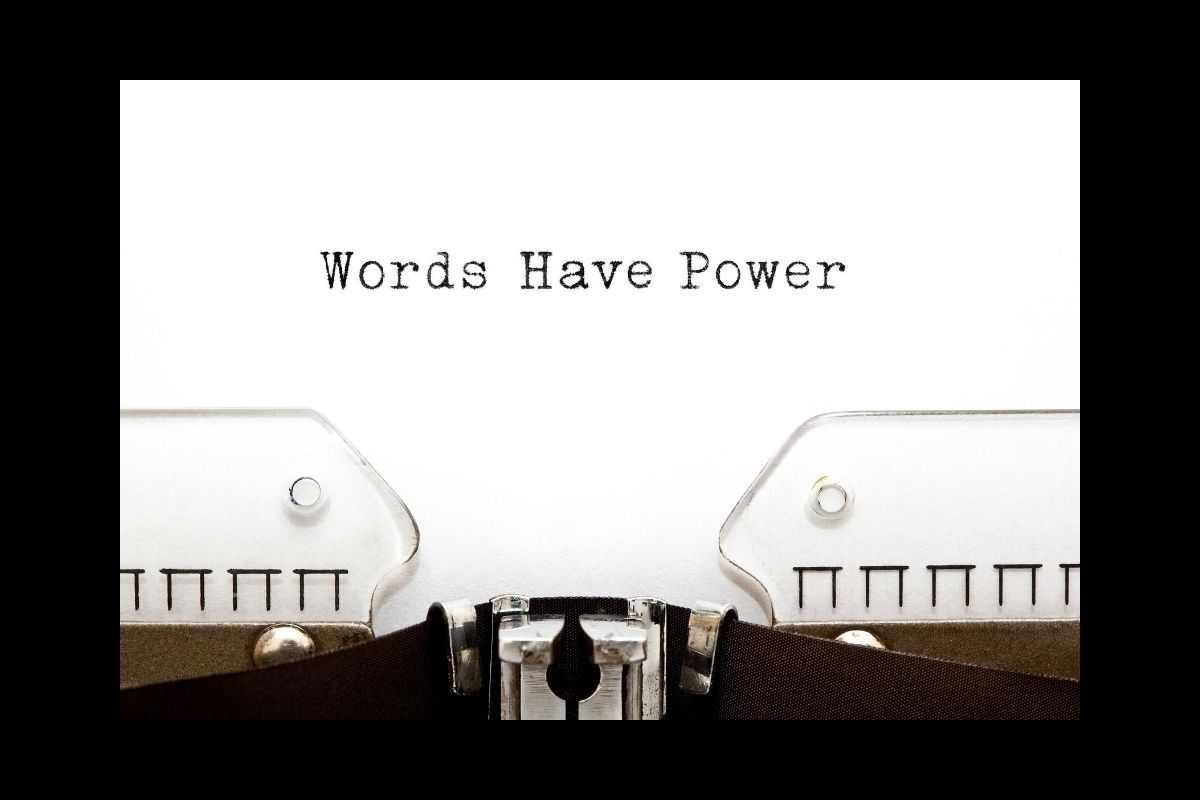
Language has power, this is something I’m sure I don’t need to tell you. As language is so fluid, it can be handy to stop and evaluate your own use of language every now and then.
CW – this post contains outdated terminology, and offensive slang referencing Mental Health and Disability for educational purposes.
I’m a bit of a word nerd – I love semantics and the etymology of words. When I read Stephen Fry’s Mythos, I was enthralled by all of the tangents about language and which words the English language has adopted over the years.
Earlier in the year, a friend of mine posted some information about the origins of the term ‘Basket Case’, and it got me thinking about the language we use regarding both mental health and disability.
There are some words and terms that have managed to find their way into our vocabularies that can be really offensive. The flippant use of these contributes to othering, marginalization and ableism within our society.
Growing up in South Australia in the 90s, I’m embarrassed to remember some of the (hopefully outdated) insults that were thrown around the school yard… I clearly remember hearing ‘Minda’, ‘spaz‘ and ‘retard‘ as insults, in the same way I can remember the words ‘lame’and ‘gay’ being used to describe things that were considered uncool. These aren’t words that I would use at all anymore, but I have certainly used some language around mental health that I probably shouldn’t (‘crazy’ for example).
The way we use language is constantly evolving, and differs across the world. In the UK, for example, referring to someone as a ‘disabled person’ is acceptable, where in Australia we’ve move firmly to person-first language and we would talk about a ‘person with a disability’. Here’s a handy Australian Language Guide to explain some more of the do’s and don’ts. Some of my personal bugbears include referring to ‘disabled carparks‘ or ‘disabled toilets’rather than ‘Access/Accessible’ carparks or toilets, and I’m working on a whole post dedicated to ‘inspirational’…
On the flip side of the coin use of the terms ‘normal‘ and ‘able-bodied’can be really insulting, and it really isn’t going to use any more energy to say ‘people without a disability’. Unfortunately, speaking with people who do have disabilities, it’s all too common to hear people refer to ‘them’ and ‘their needs’ as opposed to the needs of ‘normal‘ people. The term ‘special’ in reference to disability is quickly becoming out-dated – if you missed it, check out this video from a few years back #notspecialneeds.
It’s also perhaps important to note that the language someone used to describe themselves, doesn’t automatically make it ok to use in relation to them or others. There are some people who are comfortable with reclaiming and using words like ‘Crip‘ to describe themselves. This doesn’t make it ok for others to describe them as such, but it could be a great conversation to have with people about what language they consider respectful and what their personal preferences are.
Self-monitoring our language and being aware of appropriate language to use in reference to disability is an easy way to promote genuine inclusion in our community, especially as 1 in 5 Australian’s is living with a disability, and many of those disabilities are not visible.
Further reading:
A quick internet search led me to find a list of disability related terms with negative connotations that has been compiled on wikipedia.
Here’s a slightly broader guide to self-monitoring your language – #wordsatwork
A couple of articles about why we should consider our language here and here.

